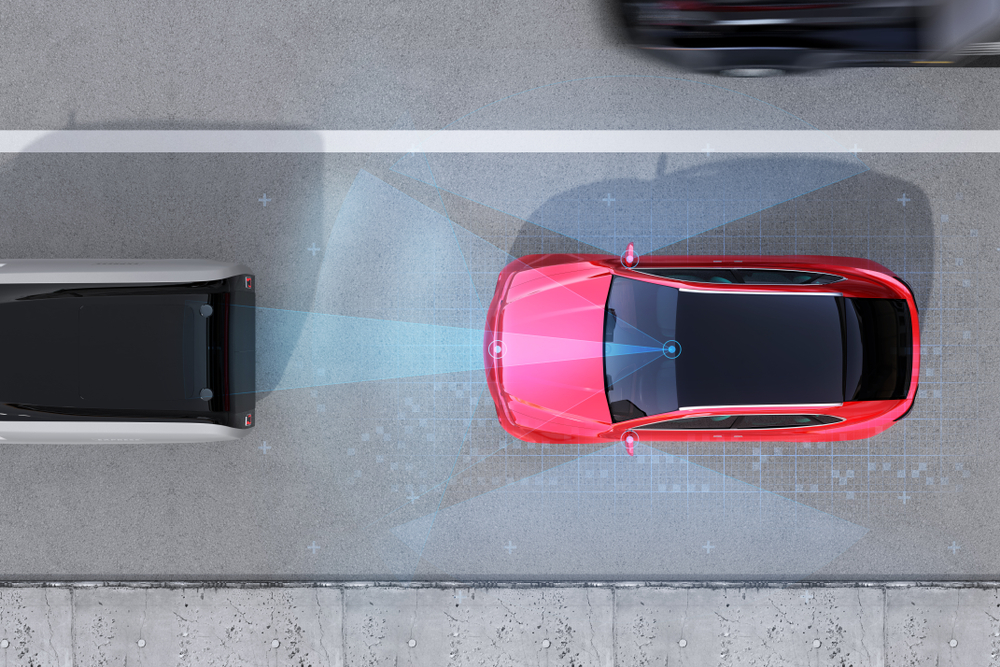
Of the 20 automakers that have committed to equipping new passenger vehicles with crash avoidance technology by 2022, 10 were already equipping such technology in their 2018 line of vehicles, according to a government report.
The National Highway Traffic Safety Administration (NHTSA) and the Insurance Institute for Highway Safety (IIHS) announced that automatic emergency braking (AEB) was placed into more than half of the vehicles produced by these manufacturers. Of these, three went even higher: Mercedes-Benz, Tesla and Volvo all reported 93 percent compliance or above, with Tesla standing alone at 100 percent compliance well in advance of the deadline. Toyota beats out these others, however, for sheer number of vehicles produced with AEB technology.
“Technologies like automatic emergency braking can help make cars safer on the roads, which means Americans are safer when traveling,” NHTSA Deputy Administrator Heidi King said. “This update on the status of the voluntary AEB commitment demonstrates how collaborative approaches to advance safety technology can be an effective way to advance our shared safety goals. Working together, we can reduce crashes and prevent injuries.”
Just a year prior, less than a third of vehicles had such technology attached. In 2018, Toyota alone shipped out 2.2 million vehicles with AEB, Nissan 1.1 million and Honda 980,000. Participation is notably voluntary, but the goal of the commitment is to get automakers inputting the technology quicker than federal mandating would have allowed. The deal was brokered in 2015, by the NHTSA and IIHS under the Obama administration.
“When it comes to being on track for the 2022 targets, most manufacturers are ahead of the curve, but far too many still need to kick their efforts into gear,” David Friedman, vice president of advocacy for Consumer Reports, said. “It is also encouraging that more than half of models now come with AEB standard, and a third already have more advanced capabilities like pedestrian detection.”
Other big producers like Ford, Mitsubishi and Porsche are notably lagging behind, however. All three have introduced AEB into fewer than 10 percent of their vehicles. IIHS estimates that if all automakers stick to the agreement, as many as 28,000 crashes and 12,000 injuries could be prevented by 2025.